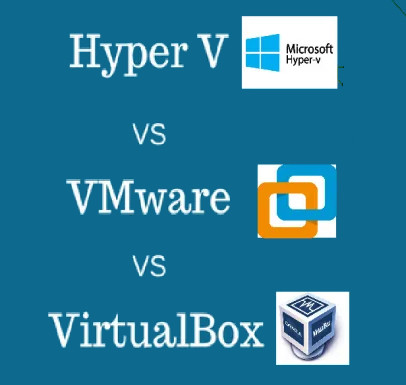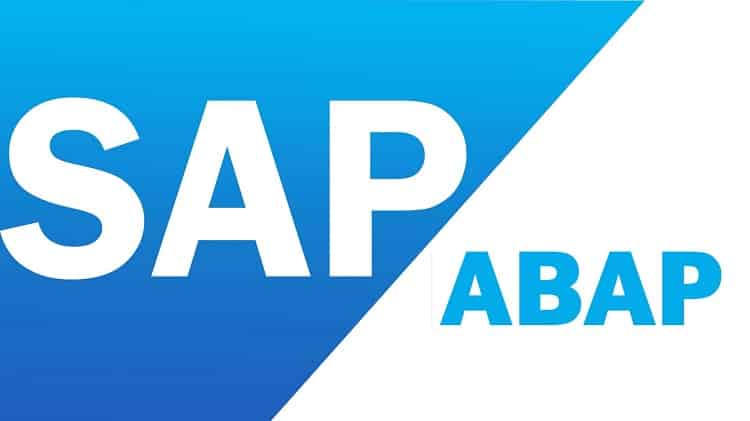Hyper-V for Business
What is Hyper-V and what can it do for you business. Hyper-V is a virtualization technology developed by Microsoft that enables users to create and manage virtual machines on their Windows Server operating system. It has gained popularity among enterprise businesses due to its ease of use, scalability, and cost-effectiveness.
One of the primary advantages of Hyper-V for enterprise businesses is its ability to create and manage virtual machines on a large scale. It is designed to support multiple virtual machines running different operating systems simultaneously, allowing businesses to consolidate their server infrastructure and reduce hardware costs. Additionally, it offers features like live migration, which enables administrators to move virtual machines between servers without downtime, making it easy to manage and maintain virtualized environments.

Hyper-V is also highly scalable, making it an ideal solution for businesses of all sizes. It supports a range of virtualization options, including virtual machines and containers, allowing businesses to customize their virtualized environment to meet their specific needs. It also offers comprehensive management tools, including System Center Virtual Machine Manager, which allows administrators to manage virtualized environments from a single console.
Another advantage of Hyper-V for enterprise businesses is its security features. It provides isolation between virtual machines, ensuring that data and applications are protected from security breaches or cyber attacks. Additionally, it supports virtualization-based security, which uses hardware-based isolation to provide an extra layer of protection against malicious attacks.
Hyper-V is also cost-effective, as it is included with Windows Server at no additional cost. This makes it an affordable option for businesses of all sizes, as there is no need to purchase separate virtualization software.
Microsoft Server is also a popular choice among enterprise businesses, as it provides a wide range of features and functionalities that make it an ideal solution for managing IT infrastructure. It offers features like Active Directory, which provides centralized user management and authentication, and Group Policy, which allows administrators to manage user and computer settings across the network.
Microsoft Server also supports a range of other services, including file and print services, web services, and database services. It is highly customizable, allowing businesses to configure it to meet their specific needs.
One of the primary advantages of Microsoft Server for enterprise businesses is its ease of use. It provides a user-friendly interface that is easy to navigate, making it easy for administrators to manage and maintain their IT infrastructure. It also offers comprehensive management tools, including PowerShell, which allows administrators to manage servers and services from the command line.

Another advantage of Microsoft Server for enterprise businesses is its scalability. It supports multiple servers and services, allowing businesses to manage and maintain a large-scale IT infrastructure with ease. Additionally, it offers high availability features like failover clustering, which ensures that critical services are always available and minimizes downtime.
In conclusion, Hyper-V and Microsoft Server are powerful tools that provide enterprise businesses with a range of features and functionalities to manage their IT infrastructure. Their ease of use, scalability, and cost-effectiveness make them an ideal solution for businesses of all sizes. Additionally, their security features and comprehensive management tools provide businesses with the peace of mind they need to operate their IT infrastructure with confidence.





